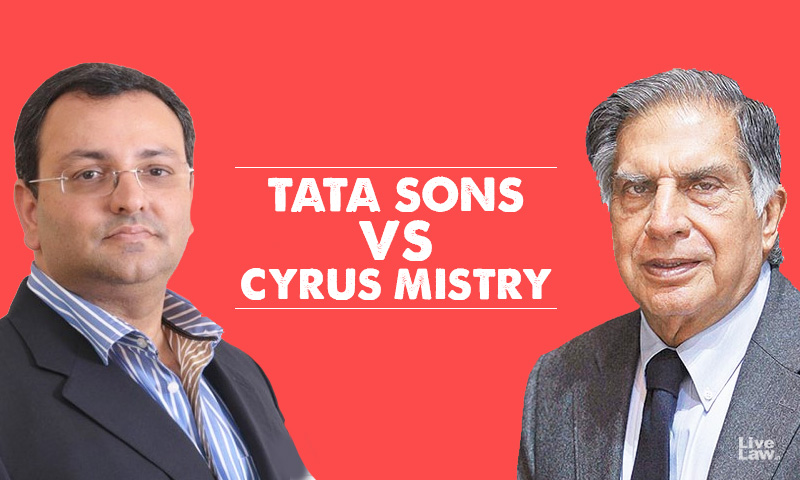Tatas v Cyrus Mistry : 15 Grounds Of Challenge Against NCLAT Order
LIVELAW NEWS NETWORK
3 Jan 2020 12:01 PM IST

Next Story
3 Jan 2020 12:01 PM IST
Tata Sons has appealed to the Supreme Court against the December 18 order of the National Company Law Appellate Tribunal which reinstated Cyrus Mistry as the Executive Chairman of the company.In the appeal, Tata Sons says that the judgment sets a 'dangerous legal precedent' and is a 'blow to corporate democracy'.It is contended in appeal that judgment has virtually re-written the Articles...
